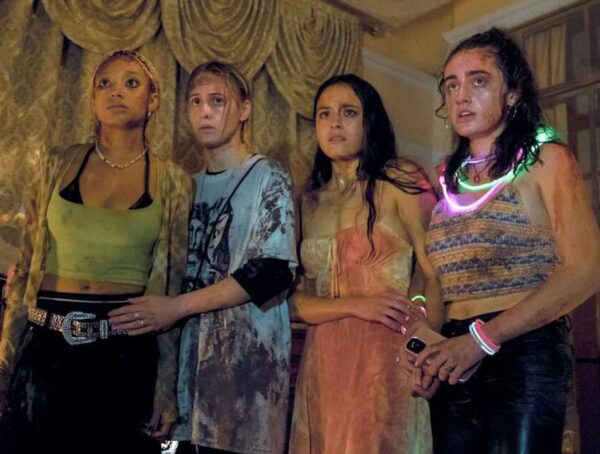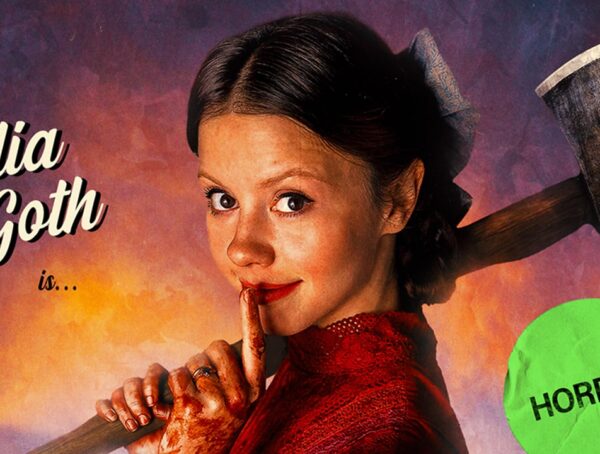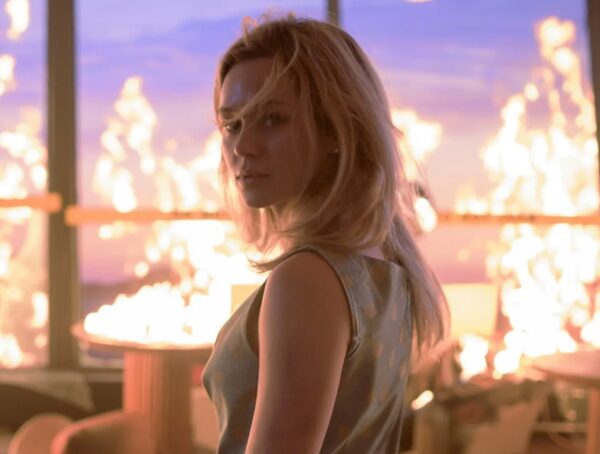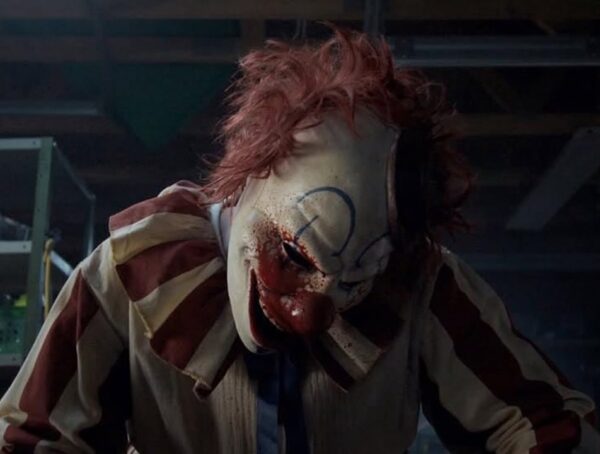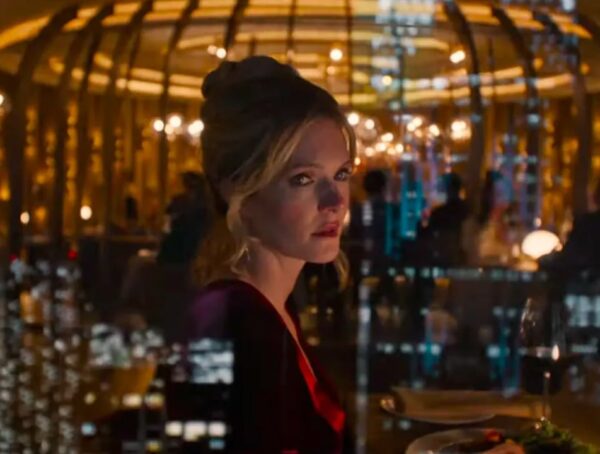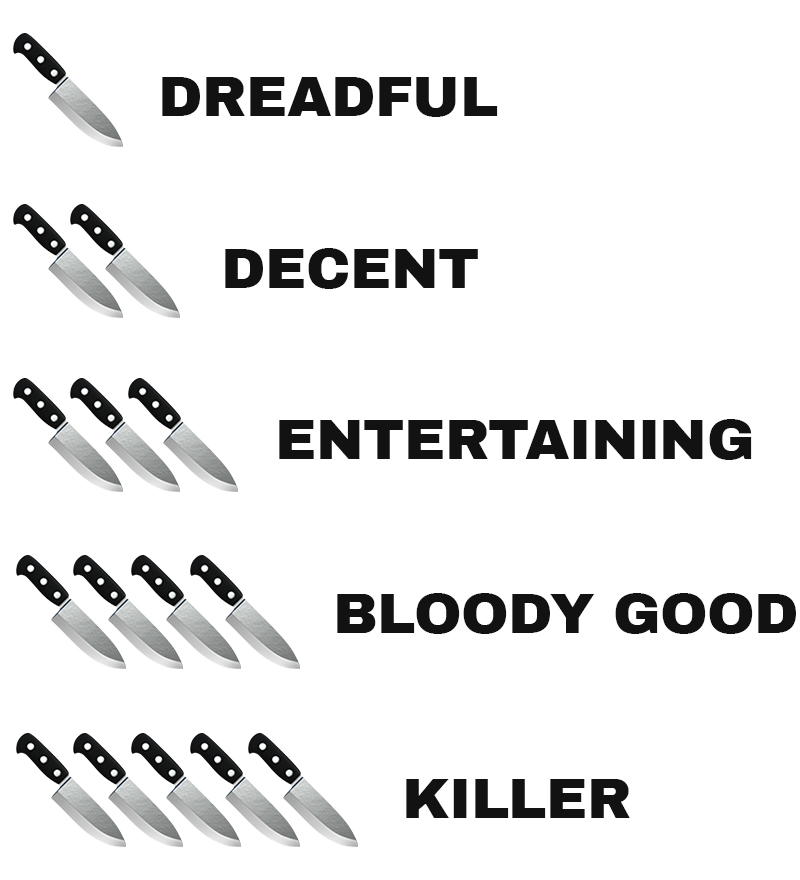Black Christmas (2019)
Summary
Slay, Girls
It’s admirable that Director Sophia Takal attempts to take the second remake of Bob Clark’s holiday slasher in a new direction, but the 2019 version of Black Christmas ultimately fails to bring anything fresh to the table. Containing a strong feminist overtone, audiences are subjected to a political piece that is so literal in its statement that it feels unnatural.
As with the 1974 original, we’re introduced to a group of sorority sisters who remain on campus to celebrate the holidays together. Among the self-described “orphans” is Riley Stone (Imogen Poots), suffering from PTSD due to being sexually assaulted by a fraternity brother years prior. Riley and her fellow sorority sisters receive threatening text messages just as female students start to disappear from campus. The sisters must band together as a black-masked killer carrying a bow and arrow starts picking them off one by one.
The trailer for Black Christmas left something to be desired, but I was hopeful that because of my low expectations, I’d be pleasantly surprised. Sadly, this wasn’t the case. The effort just isn’t there and we’re presented with a lifeless attempt at a social conscience horror remake. The opening sequence, a scene where they could have had some fun, lacks suspense or originality. The dialogue falls flat, offering dull lines like “Does Vodka mix well with Tequila?”, “Something doesn’t feel right” and “Boys will be boys”. The first 45 minutes has very little going on, least of all scares. The film starts bland and by the end just becomes straight-up ridiculous, incorporating elements like a powerful statue that bleeds black tar.
Another fail is the undeveloped, cliche characters. While Imogen Poots has a few likeable moments, her character is unintentionally awkward to watch. Marty, played by Lily Donoghue, is my favourite of the cast; she seems the most real, despite not being given much to work with. There isn’t any depth to the male characters and it’s incredibly obvious that almost all of them are part of an evil campus conspiracy. On a positive note, a few jump scares were delivered when the ladies first encounter the text-happy killer.
Black Christmas takes a strong feminist stance, tackling topics like toxic masculinity, date rape, white supremacy and gender equality, just to name a few. While I love seeing female empowerment in film, especially horror, these ideas are forced in an inauthentic way. We’re lead to a supernatural twist that becomes so far-fetched it’s almost cringe-worthy. I would have loved to have seen the female leads bond together to fight evil, but instead, they bicker with each other for a good portion of the film until a final Game of Thrones-style battle scene arrives, pitting men against women.
The feminist angle of Black Christmas would have made more of an impact if a raw and realistic approach had been taken. Either this or an attempt at a campier screenplay, which may have made the film re-watchable. In the end, there’s no fun to be had in this holiday horror that delivers more eye-rolling moments than scares.

